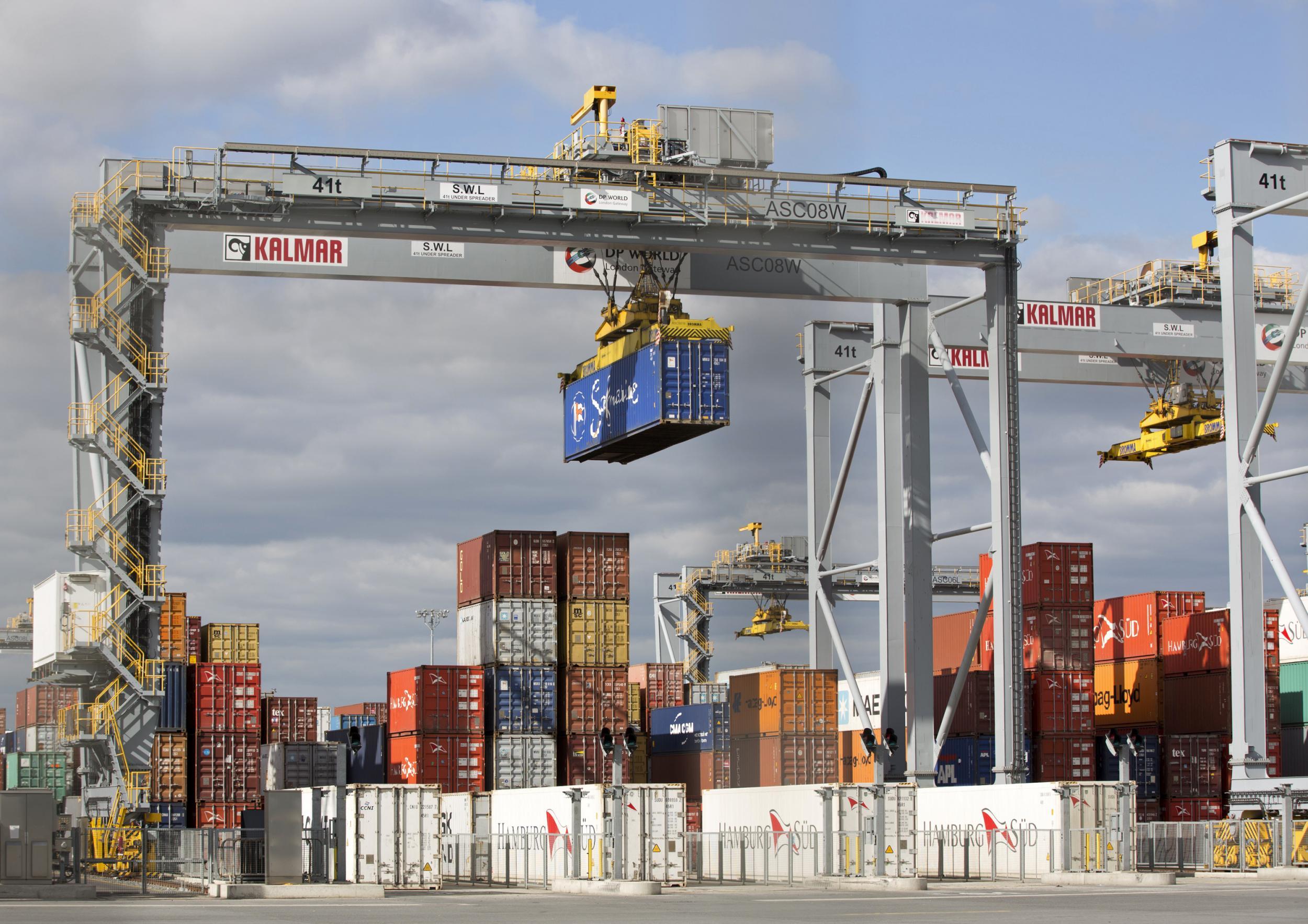Brexit: EU states don't have enough customs staff to cope with no deal, research shows
Governments unwilling to recruit more officers until likely outcome of Brexit becomes clearer

Your support helps us to tell the story
From reproductive rights to climate change to Big Tech, The Independent is on the ground when the story is developing. Whether it's investigating the financials of Elon Musk's pro-Trump PAC or producing our latest documentary, 'The A Word', which shines a light on the American women fighting for reproductive rights, we know how important it is to parse out the facts from the messaging.
At such a critical moment in US history, we need reporters on the ground. Your donation allows us to keep sending journalists to speak to both sides of the story.
The Independent is trusted by Americans across the entire political spectrum. And unlike many other quality news outlets, we choose not to lock Americans out of our reporting and analysis with paywalls. We believe quality journalism should be available to everyone, paid for by those who can afford it.
Your support makes all the difference.European Union member states do not have enough customs staff to cope with the additional burdens that would come with Britain leaving the EU without a trade deal, research suggests.
A hard Brexit would mean EU countries having to impose levies on goods traded with the UK that are currently tariff-free.
This would require much greater levels of enforcement at borders and ports, but many countries would not have the staff needed to implement this for at least a year after Brexit, according to analysis by the Financial Times.
Several EU states, including France and Germany, have lengthy training procedures for customs officers, meaning that, even if they began recruiting now, there would not be sufficient staff in place by the time the UK quits the EU in March 2019.
Germany trains officers for three years, while inspectors in France take two years to qualify. EU governments are said to be reluctant to invest in recruiting more officers while it remains unclear whether Britain will quit the bloc without a trade deal.
Should a trade agreement be reached, tariffs are unlikely to be introduced and so an increase in customs staff would be unnecessary.
Reports suggest the Government is stepping up preparations for a “no deal” Brexit that would see World Trade Organisation (WTO) terms, including tariffs, used in lieu of an agreement between Britain and the EU.
Officials expect the UK to need an additional 5,000 staff to deal with customs regulations should open borders for goods between Britain and the EU cease to exist.
Ivan Rogers, Britain’s ambassador to the EU, told MPs last week that British plans for after Brexit would need to be “brutally road tested against the reality of what the other side of the channel would do in circumstances of a breakdown in the talks”.
However, foreign governments indicated a reluctance to invest in more customs officers until it becomes clearer that Britain is heading for a no deal Brexit.
One Swedish official told the FT: “I think we will first have to wait and see what the Brexit negotiations lead to.”
Join our commenting forum
Join thought-provoking conversations, follow other Independent readers and see their replies
Comments